Vegetables are an essential part of a healthy diet. They are a good source of vitamins, minerals, and fiber. They also contain antioxidants that help protect against some chronic diseases.
Eating a diet that includes a variety of vegetables from all the subgroups—dark green, red and orange, legumes (beans and peas), starchy, and others—is important because different vegetables offer different types of nutrients. For example, dark green vegetables are a good source of vitamins A and C, while red and orange vegetables are a good source of vitamin C. Legumes are a good source of fiber, while starchy vegetables are a good source of starch.
In general, vegetables are low in calories and fat. They also contain no cholesterol. The calories in vegetables come mainly from carbohydrates.
Vegetables are an important part of a healthy diet and can help protect against some chronic diseases.
This ListPink Listicle contains 15 of the healthiest vegetables that are both tasty and readily available around the world.
1. Health Benefits of Spinach
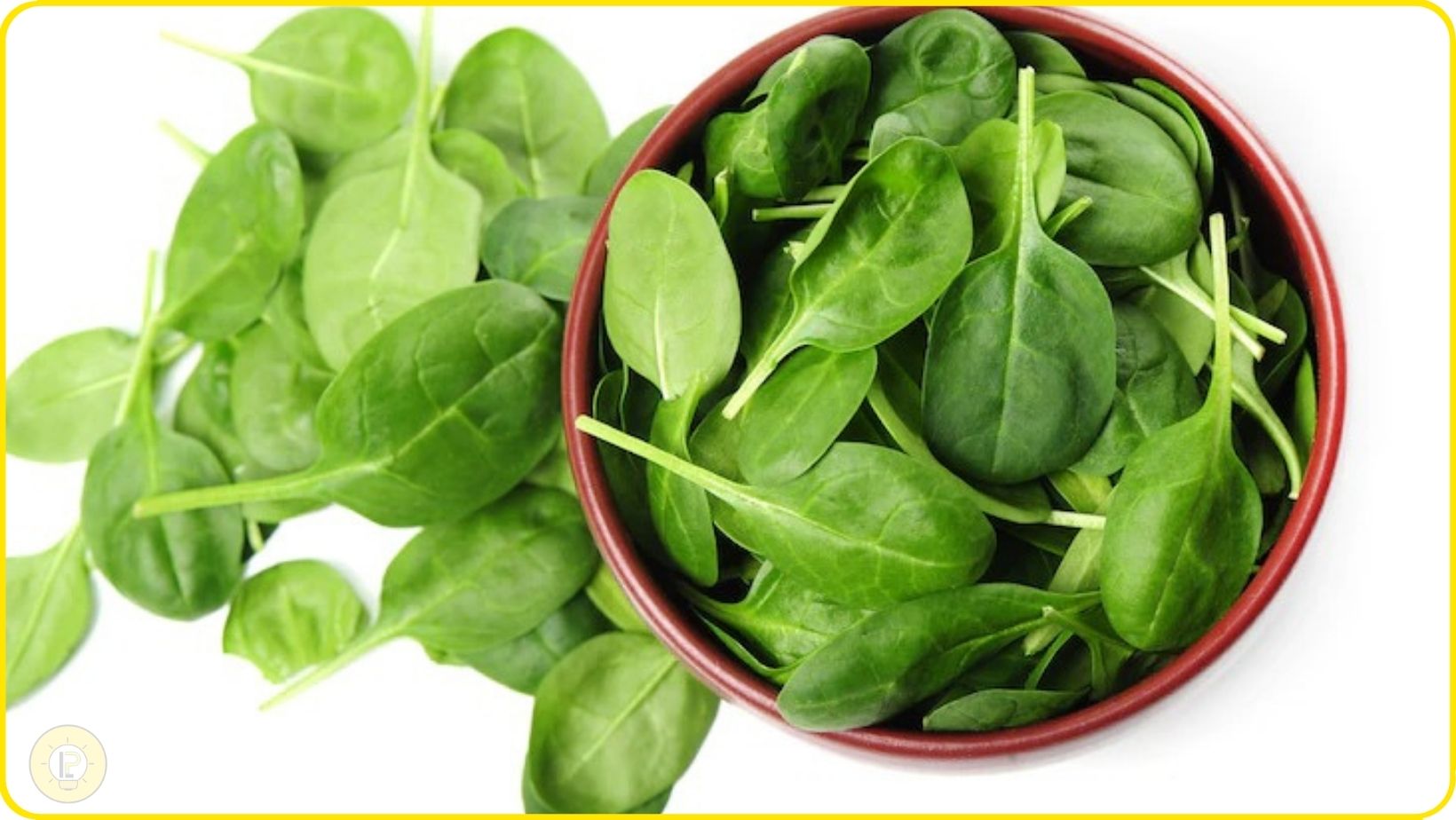
Spinach is a leafy green vegetable that is packed with nutrients. It is a good source of vitamins A, C, and K, as well as folate and iron. Spinach also contains magnesium, manganese, and potassium.
Some of the health benefits of spinach include:
- Boosting immune system function
- Reducing inflammation
- Supporting bone health
- Improving brain function
- Lowering the risk of cancer
- Supporting heart health
- Helping to control blood sugar levels
2. Health Benefits of Kale

Kale is an extremely nutrient-dense food and is packed with vitamins and minerals that offer a host of health benefits. Just one cup of kale provides over 100% of the Daily Value for vitamins A and C and is a good source of calcium, potassium, and magnesium.
Below are some of the health benefits of Kale:
- Vitamin A is important for vision, skin health, and immune function.
- Vitamin C is a powerful antioxidant that helps to protect cells from damage.
- Calcium is essential for bone health, potassium helps to maintain healthy blood pressure, and magnesium is involved in energy production and metabolism.
- Kale is also a good source of fiber, which can help promote blood pressure, lower cholesterol levels, and keep you feeling full and satisfied after eating.
- The vegetable contains compounds that have been shown to have anti-inflammatory and anti-cancer effects.
3. Health Benefits of Beets

Beets are among the vegetables that are rich in minerals like iron, potassium, and magnesium. They are also a good source of vitamins A, B6, and C. Beets can be consumed raw, roasted, and cooked in different ways. Beetroot juice is celebrated as a great health-promoting concoction among vegetable fans.
Health Benefits of Beets:
- Beets are a good source of fiber and vitamins, including folate (one of the B vitamins) and manganese.
- They also contain nitrates, which your body converts into nitric oxide. Nitric oxide is a molecule that helps to relax and widen blood vessels, improving blood flow and lowering blood pressure.
- Beets are also a source of antioxidants, substances that protect your cells from damage.
Below are 5 health benefits of beets:
4. Health Benefits of Carrots
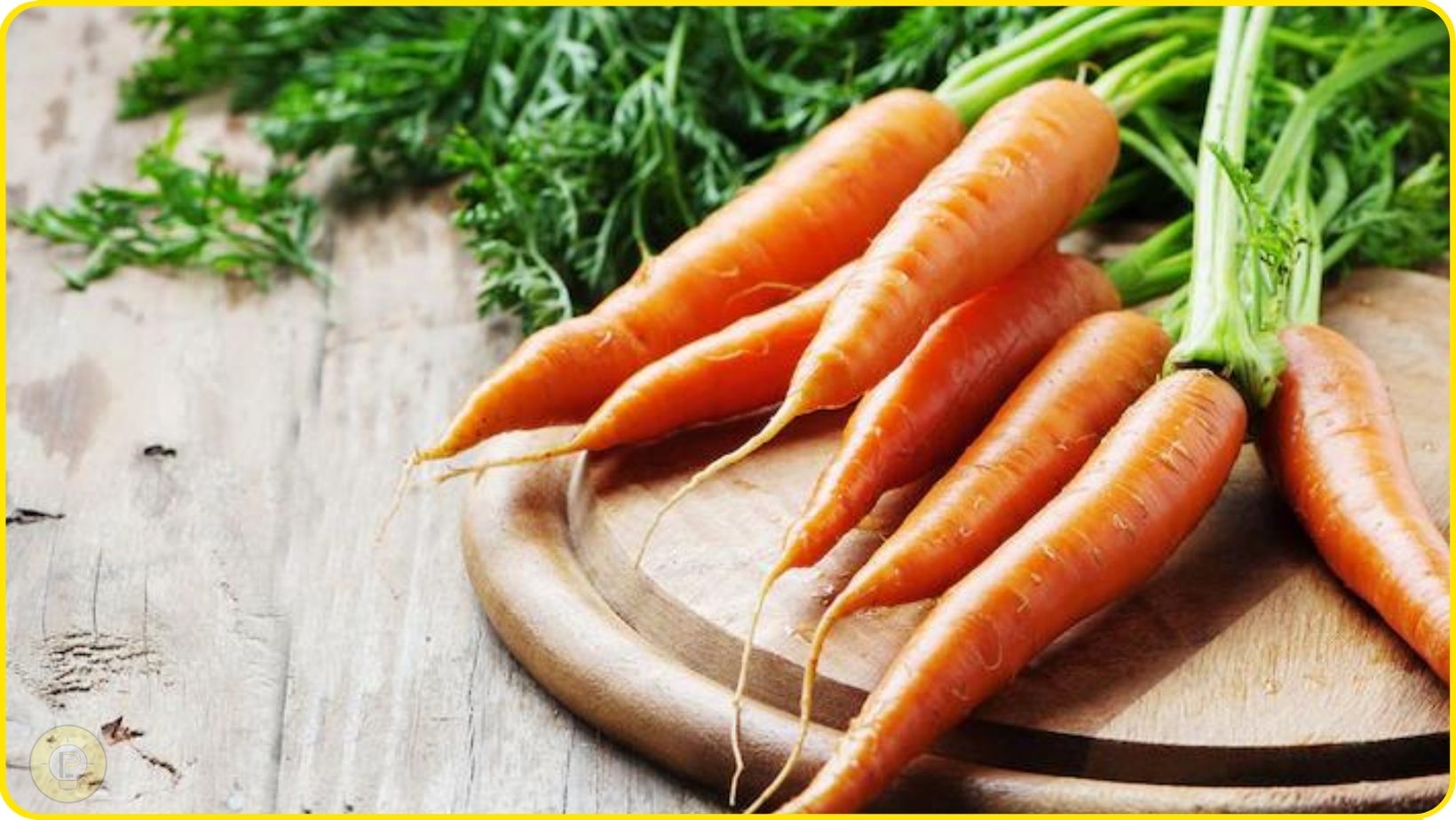
Carrots are one of the widely available vegetables that are great to be consumed raw and cooked. They are an excellent source of vitamins, minerals, and antioxidants.
- Carrots help protect against cardiovascular disease and stroke.
- The vegetable helps reduce the risk of certain cancers, such as ovarian and colon cancer.
- Carrots help improve vision and prevent night blindness.
- They help boost the immune system.
- Carrots also help improve digestion and prevent constipation.
- They help regulate blood sugar levels.
- Carrots are a low-calorie food and are helpful for weight loss.
5. Health Benefits of Broccoli
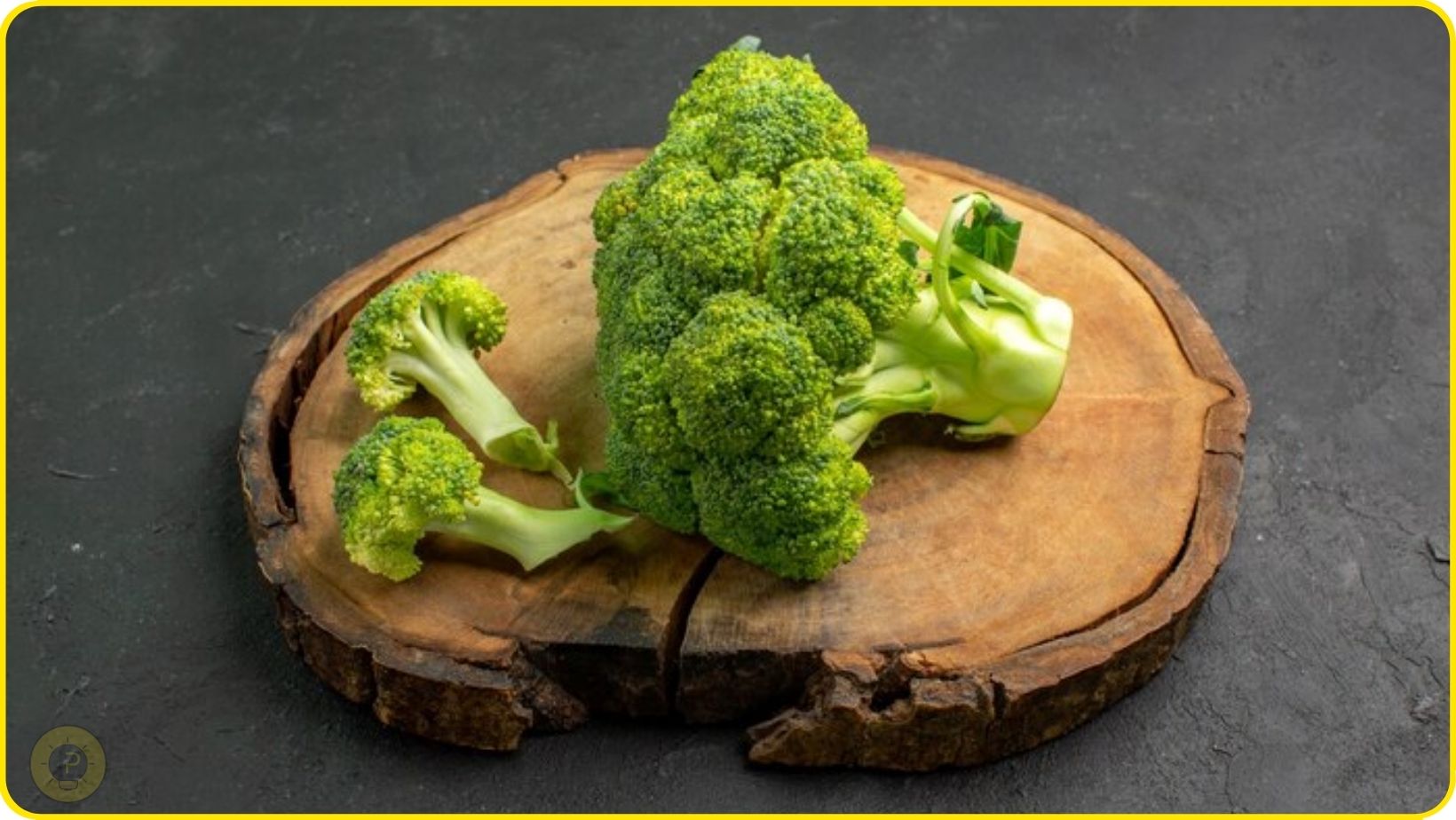
Broccoli is a nutrient-packed veggie that provides a host of health benefits. Just 1 cup of broccoli provides over 100% of the daily value for Vitamin C and is a good source of folic acid, fiber, and potassium. Here are 5 health benefits of broccoli:
- The high levels of Vitamin C in broccoli help to boost immunity and fight off infection.
- Broccoli is rich in antioxidants which help to reduce inflammation throughout the body.
- The vegetable keeps bones strong. It is a good source of calcium and vitamin K, both of which are essential for keeping bones strong and healthy.
- The fiber in broccoli helps to keep things moving along in the digestive system and can prevent constipation.
- Some studies have shown that compounds in broccoli may help to lower the risk of certain types of cancer, such as breast and colon cancer.
6. Health Benefits of Garlic
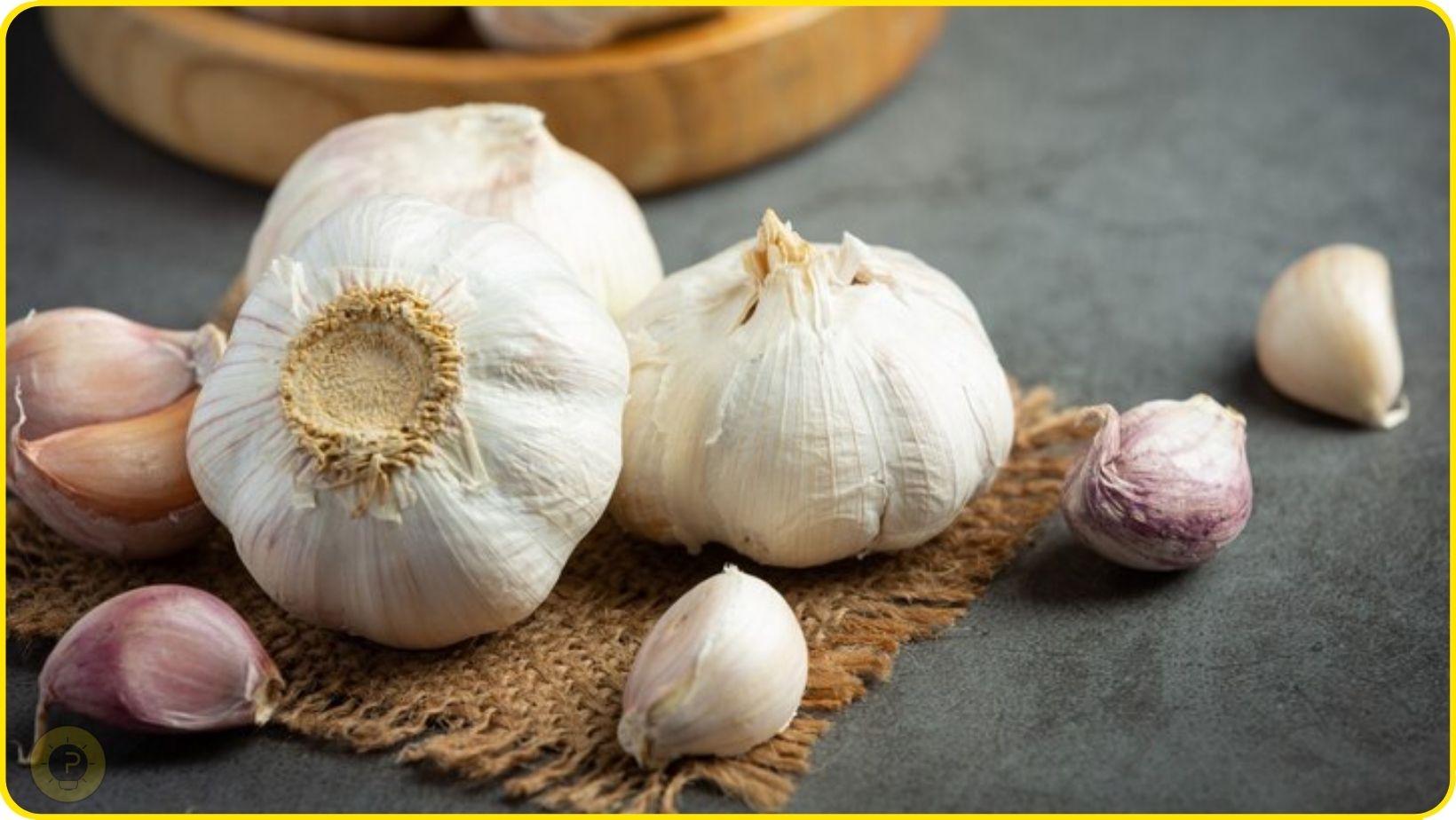
Garlic is a nutritious vegetable with many health benefits. It is low in calories and fat and is a good source of vitamins C, B6, and manganese. Additionally, garlic contains compounds that have been shown to have anti-inflammatory, anti-viral, and anti-bacterial effects.
- Garlic can help lower cholesterol levels and protect against heart disease.
- Garlic can help improve circulation and prevent blood clots.
- It can help boost the immune system and fight off infections.
- The vegetable can help detoxify the body and protect against cancers.
- Garlic can help improve digestion and prevent gastrointestinal issues.
7. Health Benefits of Ginger
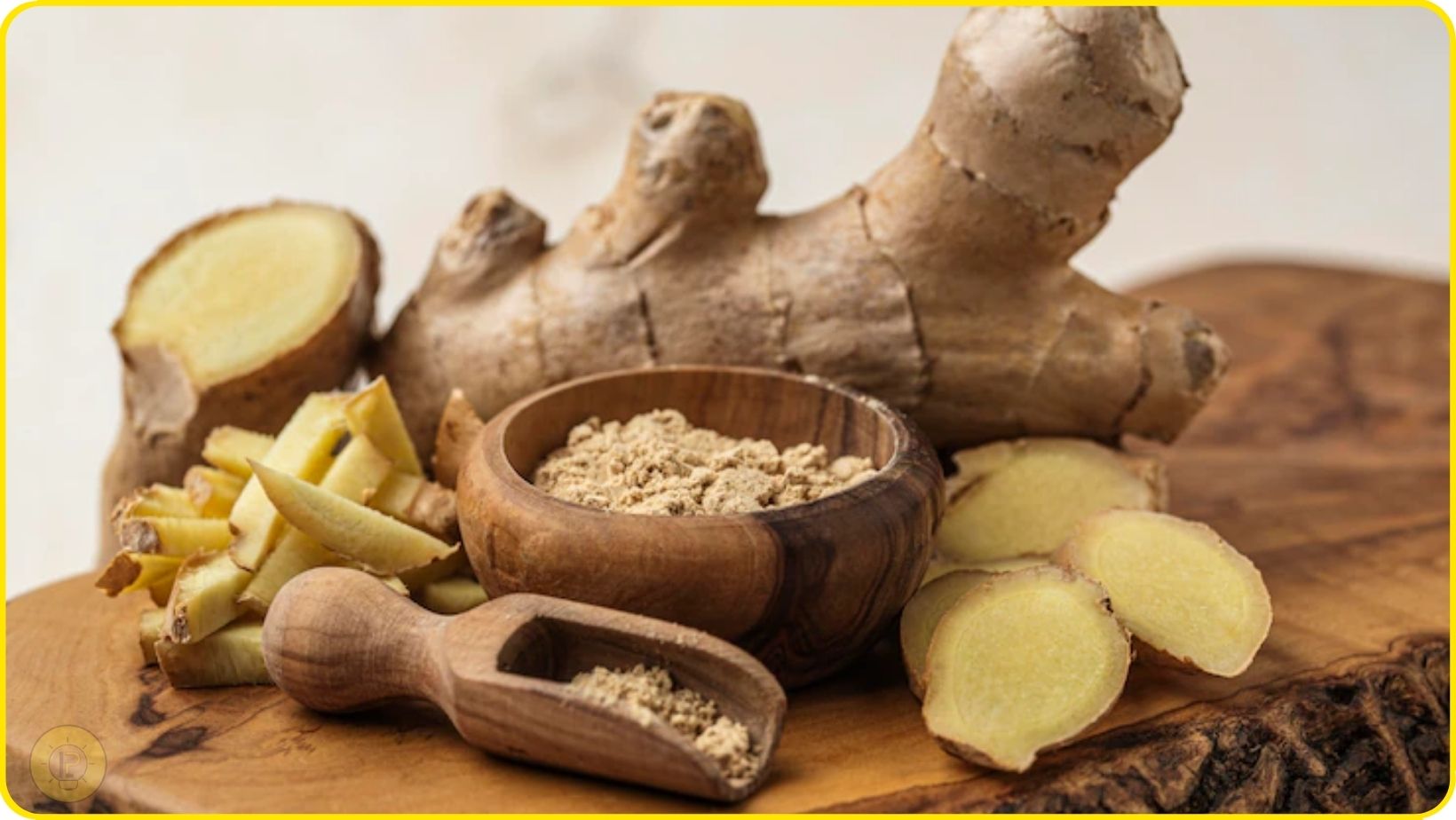
Ginger is among the popular spices with a strong, pleasant aroma. It is used in many cuisines around the world. Ginger has a long history of use in traditional medicine and is still used today to treat a variety of ailments.
Here are 5 science-based health benefits of ginger:
- Ginger has long been used as a natural remedy for nausea. A study found that taking ginger before surgery can help reduce nausea and vomiting after the surgery.
- Ginger contains a compound called gingerol, which has anti-inflammatory and analgesic (pain-relieving) properties.
- Ginger has been shown to lower blood sugar levels and improve insulin sensitivity.
- One study found that taking the ginger powder for 3 months improved brain function in middle-aged women.
- One study found that taking 2 grams of ginger powder per day for 12 weeks lowered LDL (“bad”) cholesterol by 33%.
Related: Ginger Water Recipe For Weight Loss
8. Health Benefits of Dulse

Dulse is a type of seaweed that is packed with nutrients and has a range of health benefits. Here are 5 health benefits of dulse:
- Dulse is a great source of iodine, which is essential for thyroid function.
- It is rich in iron, which is essential for red blood cell production.
- The vegetable is a rich source of magnesium, which is essential for bone health.
- Dulse is a good source of potassium, which is essential for blood pressure regulation.
- It is rich in antioxidants, that can help to protect cells from damage.
9. Health Benefits of Sweet Potatoes
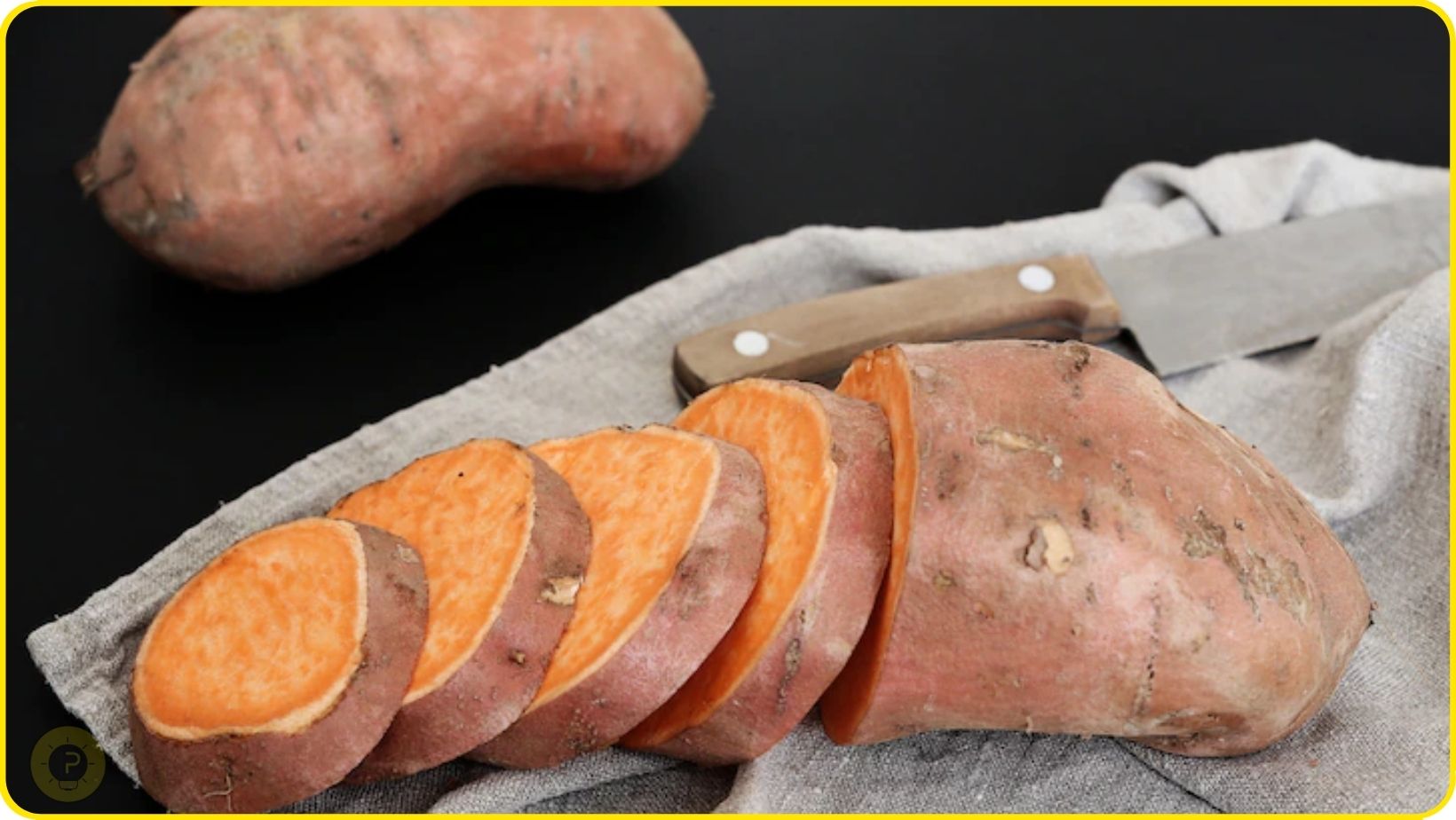
There are many reasons to love sweet potatoes as diet food. First, they are a great source of fiber, which can help to keep you feeling full and satisfied after meals. Second, they are low in calories, so they can help you lose weight or maintain a healthy weight. Third, they are a good source of vitamins and minerals, including potassium, which is important for maintaining healthy blood pressure.
- One small sweet potato has only 27 calories, making it an excellent choice for those watching their weight.
- Sweat potatoes are a good source of both soluble and insoluble fiber, which can help to regulate digestion and promote a feeling of fullness.
- Sweat potatoes are a good source of vitamins C and B6, as well as potassium and manganese.
- Can help to regulate blood sugar levels – the fiber and carbohydrates in sweet potatoes can help to regulate blood sugar levels, making them a good choice for diabetics or those at risk of developing diabetes.
- Can help to protect against cancer – the antioxidants present in sweet potatoes can help to protect cells from damage, which may help to reduce the risk of some types of cancer.
10. Health Benefits of Red Bell Peppers

Red bell peppers are a type of sweet pepper that is typically eaten raw or cooked. They are an excellent source of vitamins A and C, and they also contain lycopene, which is a compound that has been shown to have numerous health benefits. Some of the health benefits associated with red bell peppers include improved heart health, reduced risk of cancer, and improved cognitive function.
Below are some of the health benefits of Red Bell Peppers:
- Red bell peppers provide more than 200% of the Daily Value of calcium in a single cup. They are also a good source of B vitamins, including vitamin B6, and minerals such as manganese and potassium.
- A low-calorie food, makes them an ideal choice for those watching their weight. They are also a good source of fiber, which can help to promote digestive health and prevent constipation.
- Red bell peppers are a rich source of antioxidants, which can help to protect against cell damage and reduce the risk of some chronic diseases.
- Eating red bell peppers may also promote heart health. Studies have shown that compounds in red bell peppers can help to reduce cholesterol levels and improve blood vessel function.
- Finally, red bell peppers are a versatile food that can be enjoyed in many different ways. They can be added to salads, stir-fries, pizzas, and more.
11. Health Benefits of Cabbage
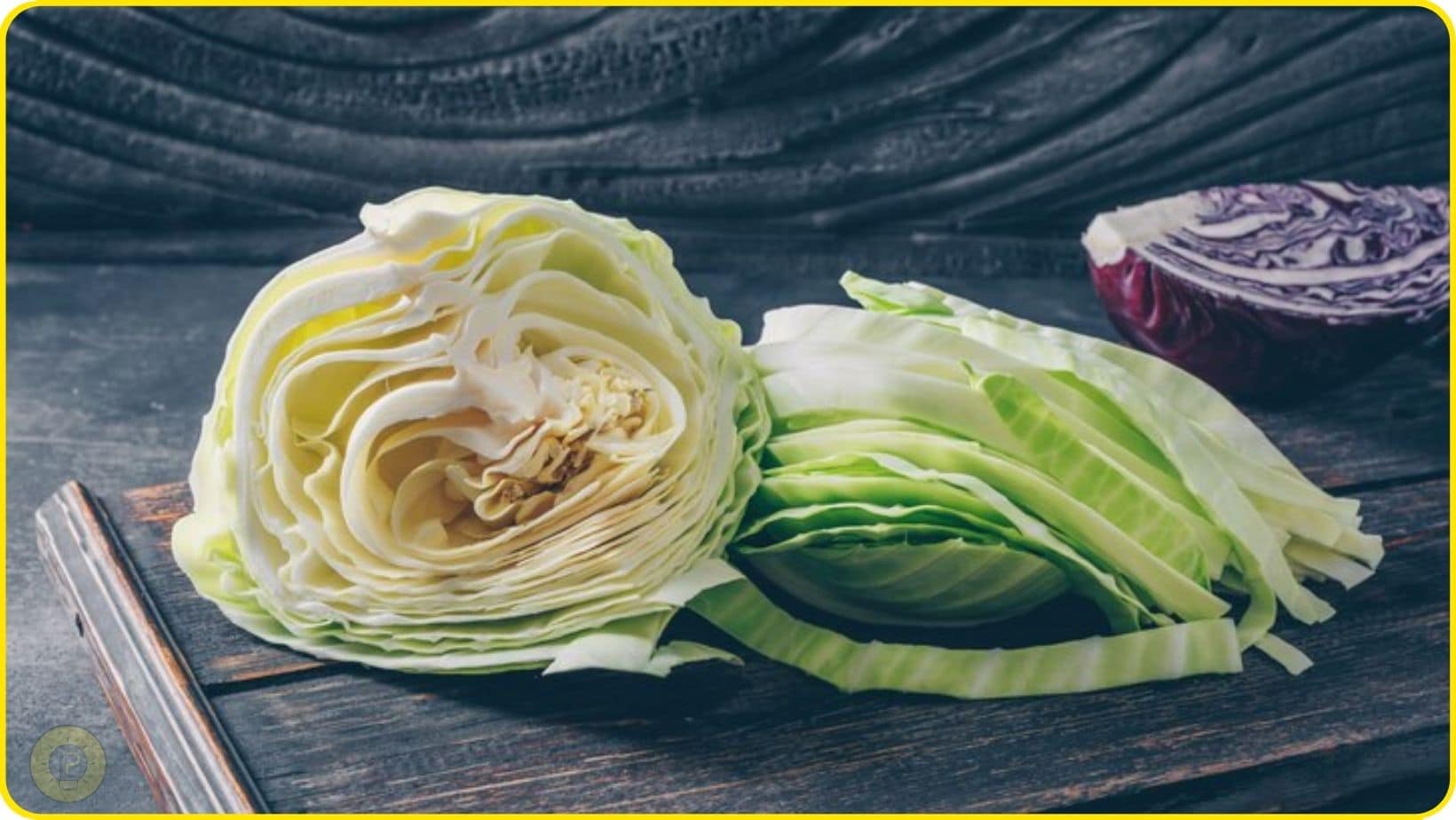
Cabbage is a great diet vegetable due to its high fiber content and low-calorie density. One cup of chopped cabbage contains only about 25 calories, making it a great food to fill up on without packing on the pounds. Cabbage is also a good source of vitamins C and K, as well as minerals like potassium and manganese.
- Cabbage is a great source of vitamins and minerals, including vitamins C and K, and folate.
- It is a low-calorie food, making it a great choice for weight loss or weight management.
- Cabbage is a good source of fiber, which can promote regularity and help to lower cholesterol levels.
- The vegetable has been shown to have anti-inflammatory properties, which may help to reduce the risk of certain chronic diseases.
- Cabbage is a versatile vegetable that can be enjoyed in a variety of ways, making it a great addition to any healthy diet.
12. Health Benefits of Parsley
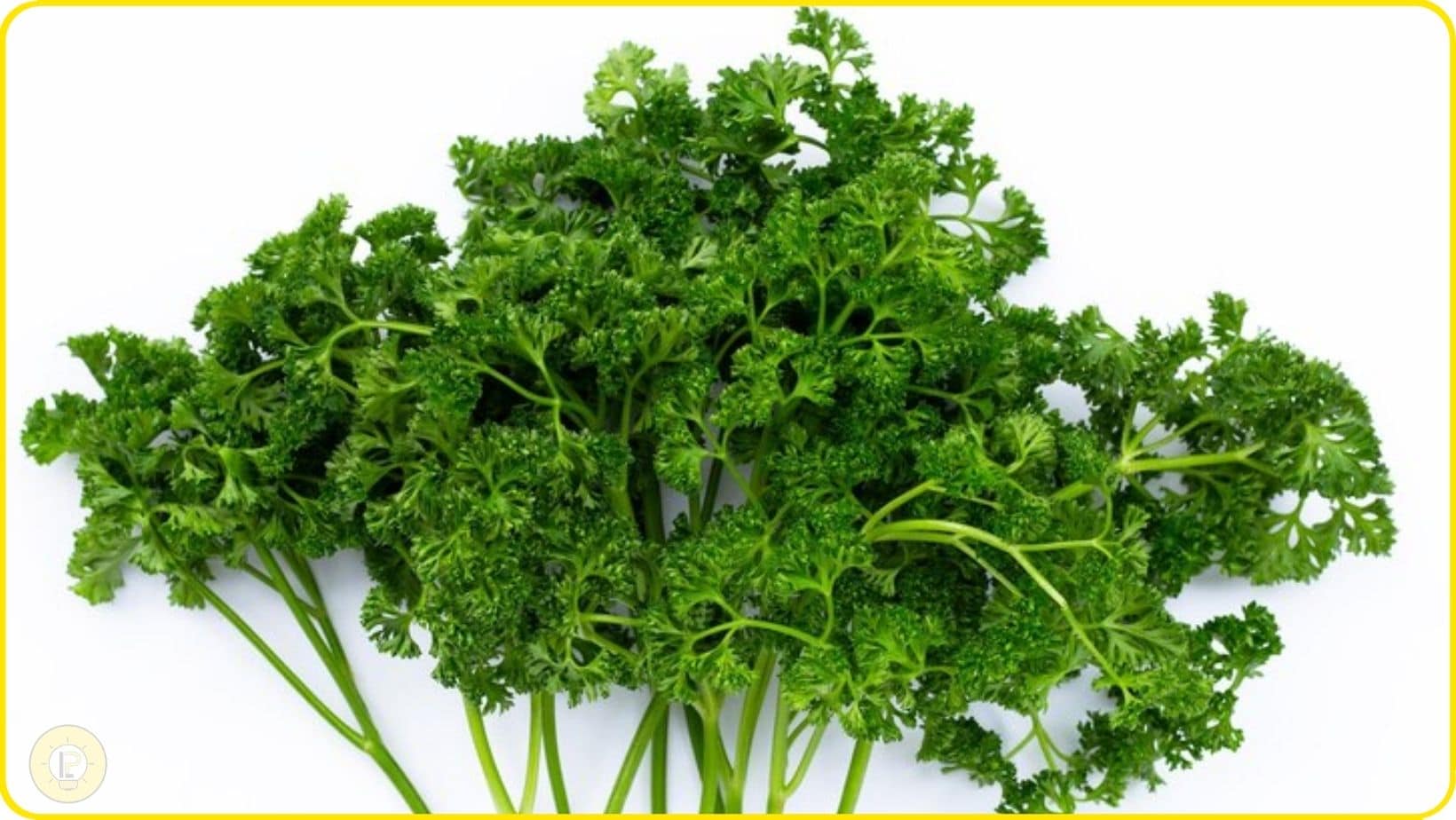
Parsley is an extremely important diet for your health. This is because parsley is high in vitamins A, C, and K, and it also contains folic acid, iron, and calcium. All of these nutrients are essential for your body to function properly.
- Parsley is rich in vitamins and minerals, including vitamin C, iron, and potassium.
- It is a good source of antioxidants and can help protect against free radical damage.
- Parsley has anti-inflammatory properties and can help to reduce swelling and inflammation.
- The vegetable can help to boost the immune system and can be helpful in preventing colds and flu.
- Parsley can help improve digestion and can be helpful in treating digestive disorders such as constipation and indigestion.
13. Health Benefits of Cauliflower
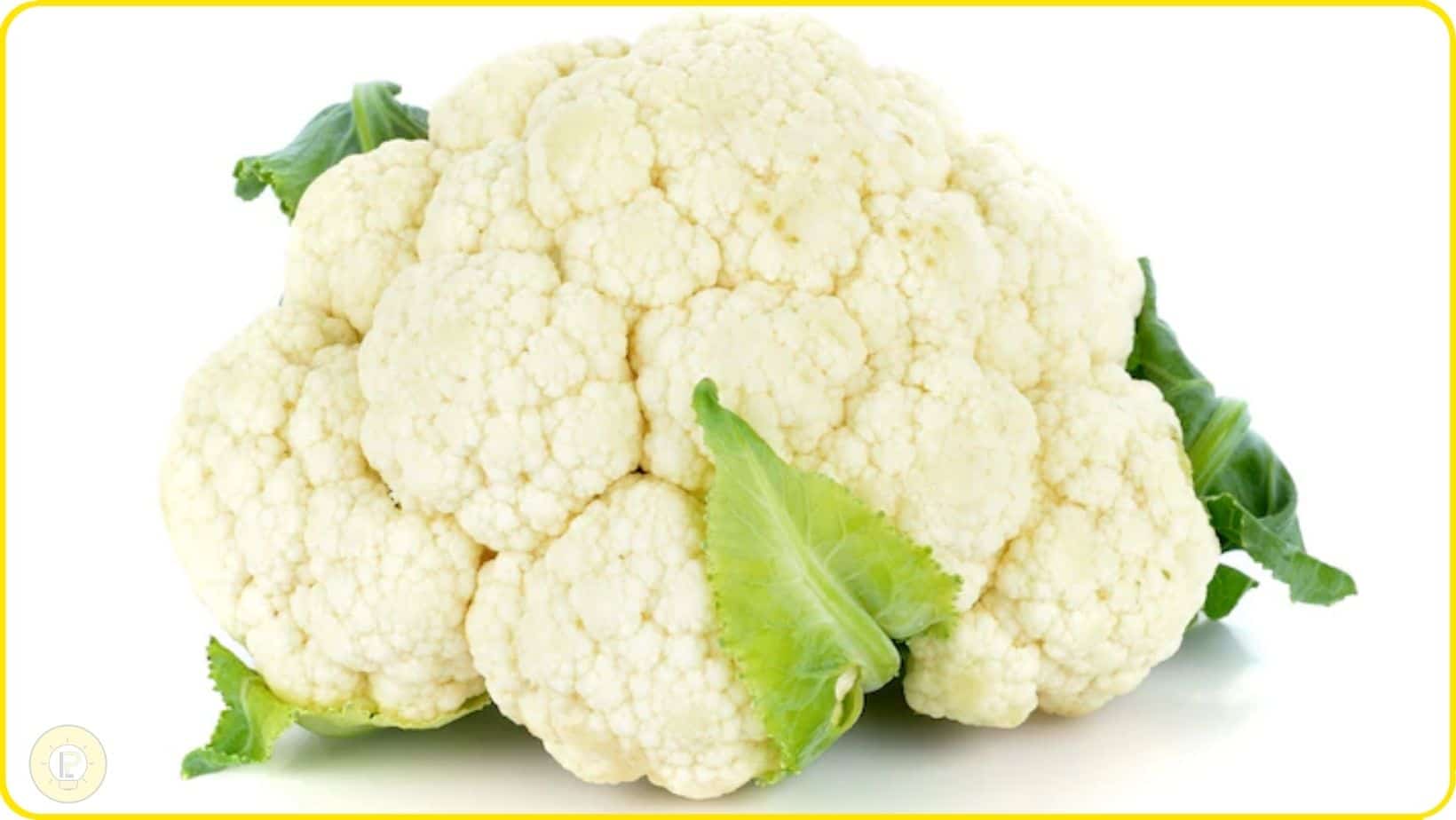
Cauliflower is great diet food. First, it is very low in calories, so it can help you to lose weight or maintain a healthy weight. Second, it is high in fiber, so it can help to keep you feeling full and satisfied after eating. Finally, it is a good source of vitamins and minerals, so it can help to improve your overall health.
- Cauliflower is a low-calorie food, making it a great choice for people trying to lose weight.
- Cauliflower is rich in fiber, which can help to regulate digestion and keep you feeling full for a long time.
- The vegetable is a great source of vitamins and minerals, including vitamin C, potassium, and folate.
- It is thought to have anti-inflammatory properties, which may help to reduce the risk of some chronic diseases.
- It is a low-carbohydrate food, making it a good choice for people following a ketogenic or low-carb diet.
14. Health Benefits of Asparagus
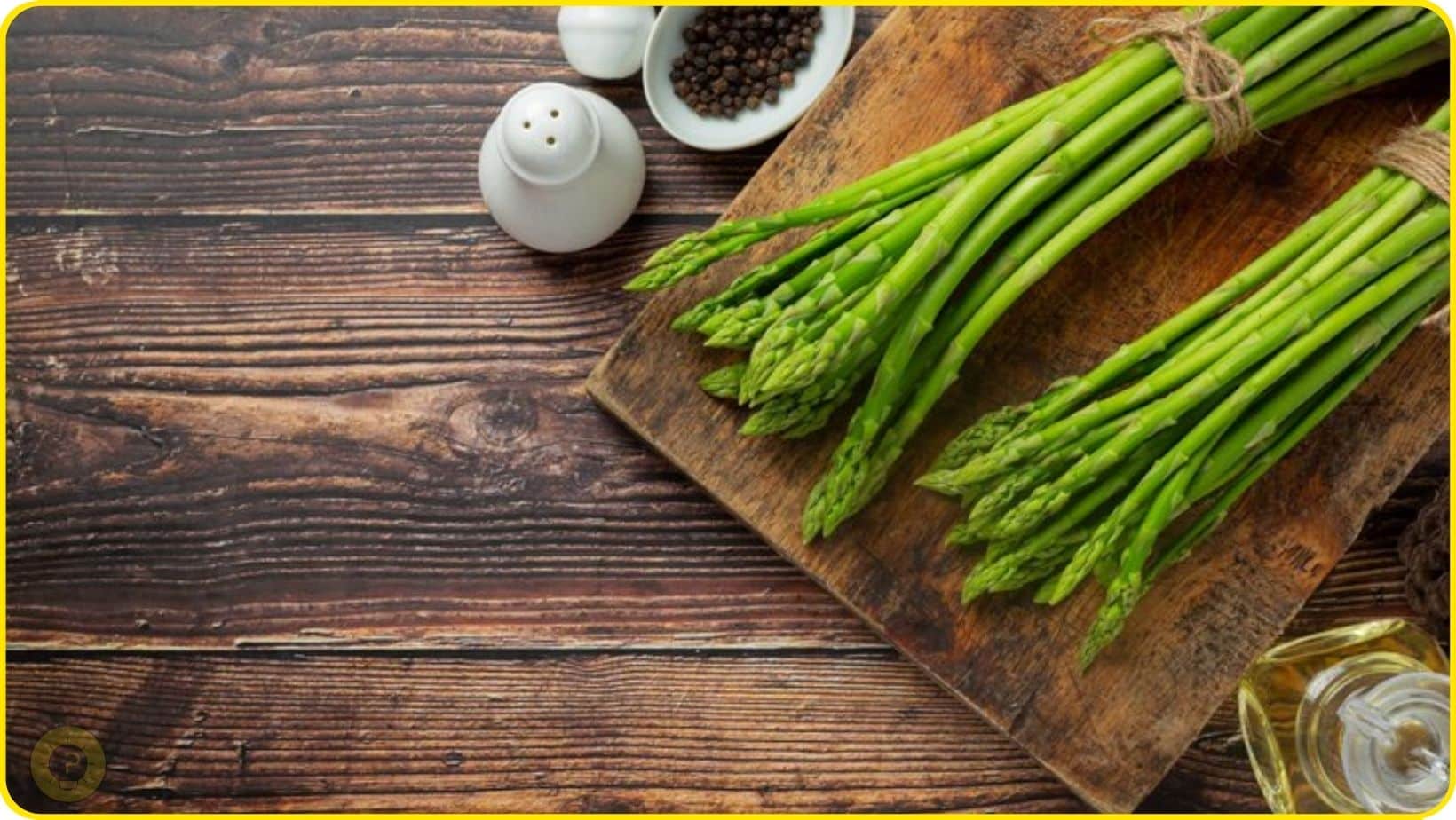
Asparagus is a great diet because it is low in calories and fat, and high in fiber. It is also a good source of vitamins and minerals, including vitamins A, C, and E, and folic acid.
Below are some of the amazing health-promoting effects of asparagus:
- Asparagus is a good source of fiber, which helps to keep the digestive system healthy and functioning properly.
- It is a natural diuretic, meaning it helps to promote urine production and can be helpful in treating conditions like urinary tract infections.
- Asparagus is a good source of vitamins A, C, and E, all of which are important for maintaining healthy skin and eyesight.
- Asparagus is a good source of folic acid, which is important for pregnant women to prevent birth defects.
- The vegetable is a low-calorie food, so it can be helpful for those trying to lose weight or maintain a healthy weight.
15. Health Benefits of Avocado
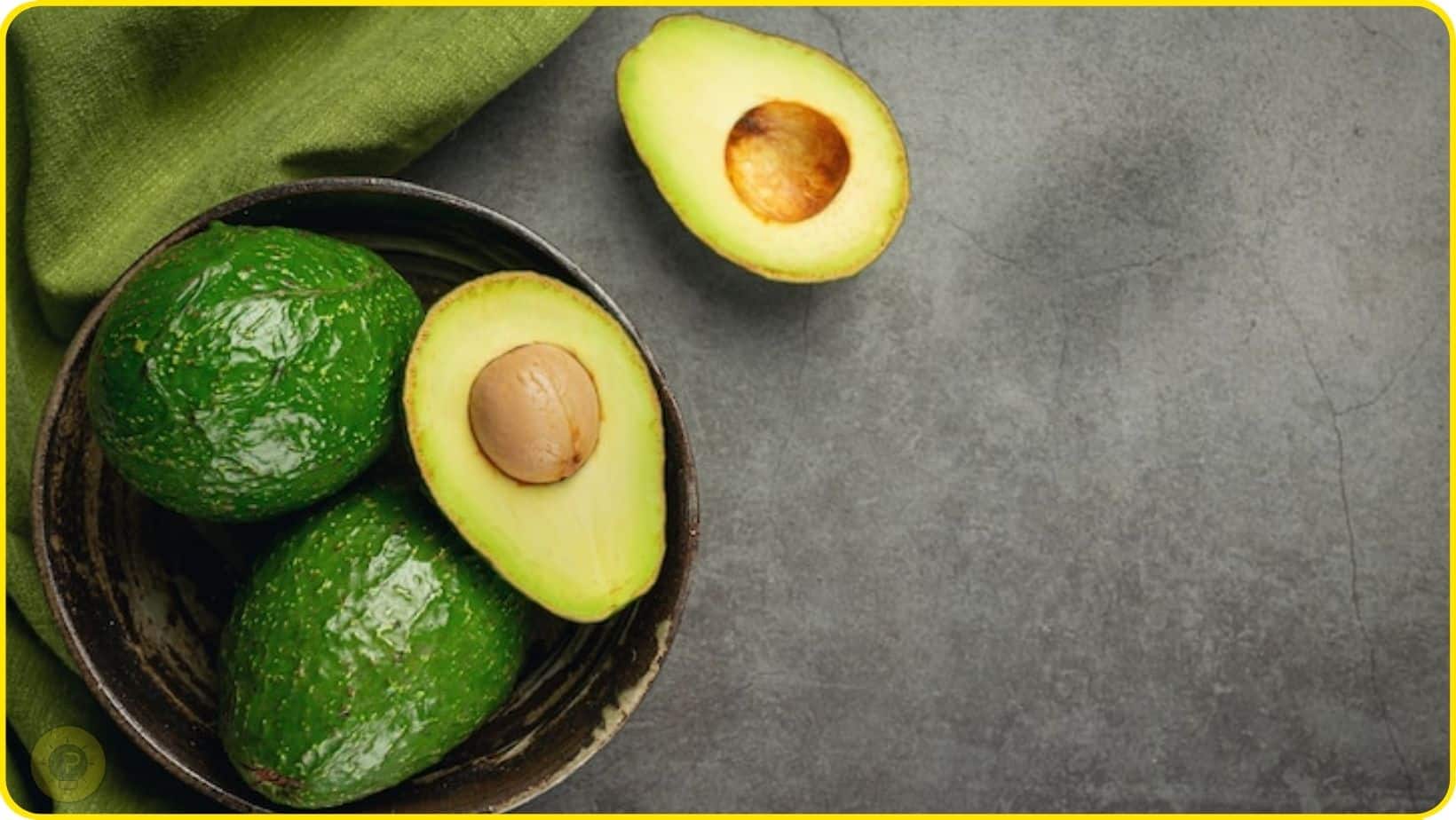
Avocado is a great diet food because it is high in healthy fats and fiber. It is also low in calories and has no cholesterol or sodium. While avocado is an expensive food to consume daily, the health benefits are worth the cost.
Here are some of the obvious health benefits of avocados:
- Avocados are a good source of monounsaturated fats, which have been shown to lower cholesterol levels and help prevent heart disease.
- Avocados are also a good source of fiber, which can help to regulate digestion and keep you feeling full after eating.
- The antioxidants in avocados can help to protect your cells from damage and may help to prevent some types of cancer.
- Avocados are a good source of vitamins and minerals, including vitamins C, E, and K, as well as potassium.
- Eating avocados regularly can help to improve your skin health and may even help to reduce the appearance of wrinkles.
So, these were the 15 great vegetables with amazing health benefits you can consume frequently. What other vegetables do you love eating? Let’s know in the comments below.
